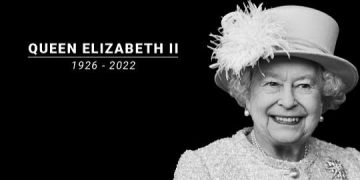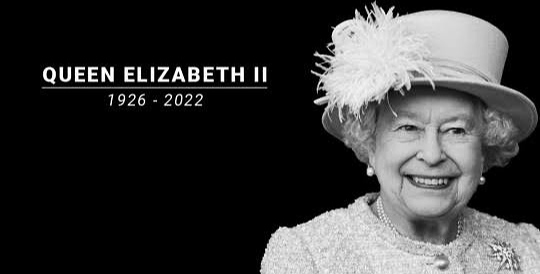By John Ikani
Since the death of Queen Elizabeth II last week, many in the West have heaped praise upon the woman who for 70 years served as a beacon of stability and duty, a constant guide during a period of radical shifts.
But throughout England’s former colonies in Africa, some of which fought violent struggles to secure their independence during Queen Elizabeth’s reign, the reaction has been decidedly more complicated.
As their leaders paid homage to the Queen — with the presidents of Kenya, South Africa and Nigeria among those who offered tributes and praised England’s current partnerships with their countries — residents of former colonies publicly recounted the havoc wreaked by the empire.
Online and in private, there have been fraught discussions about the extent to which Queen Elizabeth, whose duties were largely ceremonial, bore responsibility, and how to balance respect for the dead with the reckoning of past wrongs, The Washington Post observed.
What were the wrongs?
Kenyans will not be quick to forget the Mau Mau revolt against the colonial rule which ran from 1952 to 1960 and left at least 10,000 people dead.
It was one of the bloodiest repressions of the British empire with many recalling that the colonial administration at the time carried out extreme acts of torture, including castration and sexual assault in detainment camps where as many as 150,000 Kenyans were held.
In West Africa, memories of Britain’s role in the Nigerian civil war are still fresh in the minds of citizens who recount how arms were secretly supplied to the government for use against Biafrans who wanted to form a breakaway republic.
Between 1 million and 3 million people died in that war. British musician John Lennon returned his MBE, an honorary title, to the Queen in protest over Britain’s role in the war.
The Queen’s death has also escalated calls by people in Africa for the royal family to return riches taken from their lands.
Thousands of gems and artefacts were plundered during colonial times some of which include the Great Star of Africa (the huge diamond in the Queen’s sceptre) mined in South Africa and Nigeria’s Benin Bronzes — 16th to 18th-century metal plaques and sculptures — looted from the palace of the ancient Benin Kingdom.
How the crimes rub off on Queen Elizabeth II
Africa’s memory of the Queen cannot be separated from that colonial past, professor of communication Farooq Kperogi at Kennesaw State University told CNN.
“The Queen’s legacy started in colonialism and is still wrapped in it. It used to be said that the sun did not set over the British empire. No amount of compassion or sympathy that her death has generated can wipe that away,” he said.
“The thing that I think Western people need to genuinely try to absorb and realize is that colonialism is history in the West,” Sipho Hlongwane, a writer based in Johannesburg told Washington Post. “It is a thing of the past, in the West. But in our countries, colonialism is now.”
In South Africa, he noted, many Apartheid-era practices were borrowed from the British. Poverty today is largely broken down along racial lines. The British and their descendants still control the vast majority of the country’s lucrative mines.
“The choices she made, she could have made differently,” Hlongwane said of Queen Elizabeth. “You can be born into that level of privilege and make choices that are different. Are we seriously not allowed to point that out?”
Not all blood, sweat and tears
No. Some Africans have fond memories of Britain’s longest-serving monarch who came to smile and wave at crowds in 20 countries across the continent during her 70-year reign.
Many on the continent remember the Queen as a stabilizing force who brought about positive change during her reign.
Elizabeth’s reign saw the hard-won independence of African countries from Ghana to Zimbabwe and oversaw the mostly peaceful transition from empire to the Commonwealth, a voluntary association of 56 nations with historic and linguistic ties.
Ayodele Modupe Obayelu from Nigeria told CNN: “Her reign saw the end of the British Empire and the African countries became a Republic. She doesn’t really deserve any award or standing ovation for it, but it was a step in the right direction.”
And Ovation magazine publisher Dele Momodu was full of praise, recounting meeting her in 2003 in Abuja while covering her visit to Nigeria. He added that he had fled Nigeria for the UK in 1995, during the dictator Sani Abacha’s regime.
“I told her I was a refugee and now the publisher of a magazine. She told me ‘congratulations,’ and moved on to the other people on the line. I salute her. She worked to the very end and was never tired of working for her country. She did her best for her country and that is a lesson in leadership,” he said.
Momodu believes that the Queen did try to “atone” for the brutality of the British Empire. “She came to Nigeria during our independence and some of the artefacts were returned under her reign. That is why the Commonwealth continues to thrive. I feel very sad that the world has lost a great human being.”
Compiled by Heritage Times with credits to Washington Post, Africanews, Reuters, CNN, AP and France 24.




































